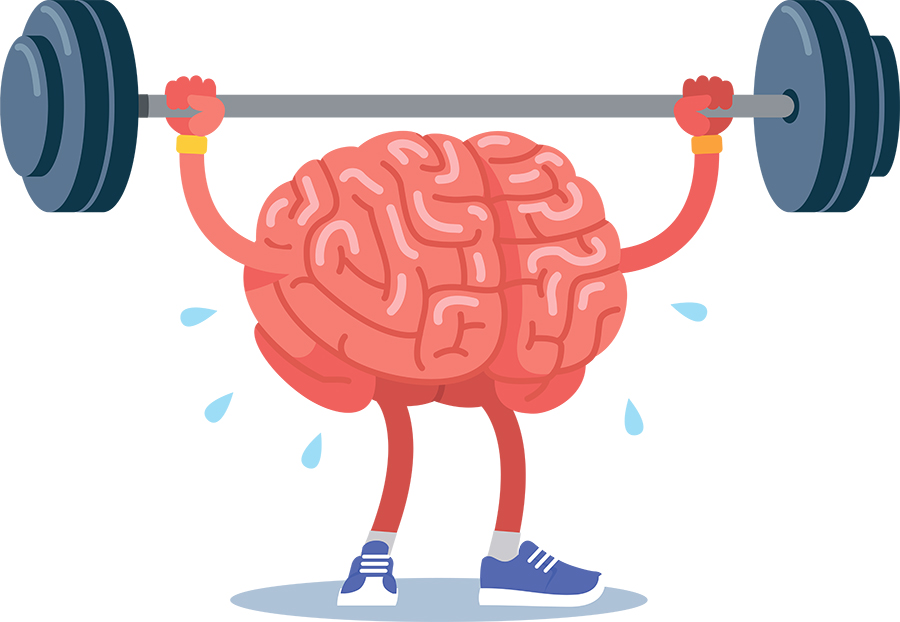The Benefits of Physical Activity
Physical activity plays a crucial role in maintaining our overall health and well-being. Engaging in regular exercise and staying active brings about a multitude of benefits that positively impact our physical, mental, and emotional health. In this article, we will explore the various advantages of incorporating physical activity into our daily lives.
Improved Physical Health
Regular physical activity is key to achieving and maintaining a healthy body. By engaging in activities such as walking, jogging, swimming, or cycling, we can enhance our cardiovascular health, strengthen our muscles, and improve our flexibility. Physical activity also helps in managing weight and reducing the risk of chronic diseases such as heart disease, diabetes, and certain types of cancer.
Enhanced Mental Well-being
Engaging in physical activity not only benefits our physical health but also has a profound impact on our mental well-being. Regular exercise releases endorphins, which are known as “feel-good” hormones, promoting a sense of happiness and reducing feelings of stress, anxiety, and depression. Physical activity also improves cognitive function, memory, and overall brain health.
Increased Energy Levels
It may seem counterintuitive, but physical activity boosts our energy levels. Regular exercise improves blood circulation and the delivery of oxygen and nutrients to our muscles and tissues. This, in turn, increases our stamina and reduces fatigue, allowing us to tackle daily tasks with more vitality and enthusiasm.
Better Sleep Quality
Physical activity can significantly enhance the quality of our sleep. Regular exercise helps regulate our sleep patterns and promotes a deeper and more restful sleep. It can also alleviate symptoms of sleep disorders such as insomnia. By engaging in physical activity during the day, we can experience more refreshing and rejuvenating sleep at night.
Stress Relief
In today’s fast-paced world, stress has become a common part of our lives. Physical activity serves as an excellent stress reliever. When we exercise, our bodies release endorphins, which act as natural stress reducers. Engaging in activities like yoga, tai chi, or even a simple walk in nature can help us relax, clear our minds, and reduce stress levels.
Improved Self-esteem and Confidence
Regular physical activity can boost our self-esteem and confidence levels. As we engage in exercise and witness improvements in our strength, endurance, and overall fitness, we develop a sense of accomplishment and pride. Physical activity also enhances our body image, leading to increased self-confidence and a positive self-perception.
Enhanced Social Connections
Participating in physical activities often involves interacting with others, whether it’s joining a sports team, attending group fitness classes, or exercising with friends and family. These social connections not only make physical activity more enjoyable but also provide opportunities for building and strengthening relationships. Engaging in physical activity together fosters a sense of camaraderie and support among individuals.

Incorporating physical activity into our daily lives brings a wide range of benefits that positively impact our physical, mental, and emotional well-being. From improved physical health and enhanced mental well-being to increased energy levels and better sleep quality, regular exercise is essential for leading a healthy and fulfilling life. So, let’s prioritize physical activity and reap the countless rewards it offers!
Frequently Asked Questions
1. What are the benefits of physical activity?
Physical activity has numerous benefits, including:
Improved cardiovascular health
Increased strength and endurance
Weight management
Reduced risk of chronic diseases
Enhanced mood and mental well-being
2. How much physical activity should I engage in?
The American Heart Association recommends at least 150 minutes of moderate-intensity aerobic activity or 75 minutes of vigorous-intensity aerobic activity per week.
3. Can physical activity help in weight loss?
Yes, engaging in regular physical activity can aid in weight loss by burning calories and increasing metabolism.
4. What types of physical activities are beneficial?
Any form of physical activity that gets your heart rate up and makes you breathe harder can be beneficial. This includes activities like brisk walking, running, cycling, swimming, dancing, and strength training.
5. How does physical activity improve cardiovascular health?
Physical activity strengthens the heart muscle, improves blood circulation, lowers blood pressure, and reduces the risk of heart disease and stroke.
6. Can physical activity improve mental health?
Yes, physical activity has been shown to reduce symptoms of depression, anxiety, and stress. It can also boost self-esteem and improve overall mental well-being.
7. Are there any age restrictions for engaging in physical activity?
Physical activity can be beneficial for individuals of all ages. However, it is important to consider individual health conditions and consult with a healthcare professional before starting any new exercise regimen.
8. Can physical activity prevent chronic diseases?
Regular physical activity can help prevent chronic diseases such as heart disease, type 2 diabetes, certain types of cancer, and osteoporosis.
9. How soon can I expect to see the benefits of physical activity?
The benefits of physical activity can be seen and felt almost immediately. Improved mood, increased energy levels, and better sleep patterns can often be experienced after just a few sessions of exercise.
10. Is it necessary to engage in high-intensity physical activity?
No, high-intensity physical activity is not necessary for everyone. Moderate-intensity activities can still provide significant health benefits. It’s important to choose activities that you enjoy and can sustain in the long run.




